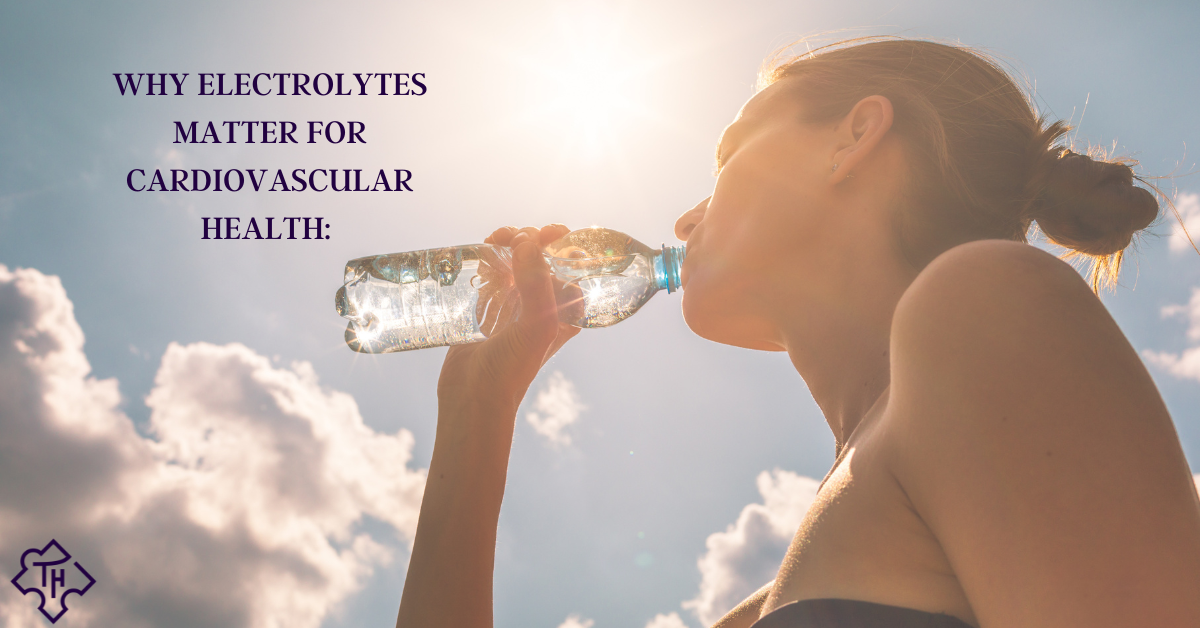
Electrolytes play a crucial role in cardiovascular health by maintaining the balance of fluids within the body and facilitating electrical impulses that control the heart rhythm. The primary electrolytes involved in cardiovascular function include sodium, potassium, calcium and magnesium. The status of these electrolytes can influence well-documented cardiovascular disease risk factors like blood pressure, inflammation and the rate at which calcium accrues in the arteries. If you want to stave off the number one killer globally and live a longer and better life, it makes sense to optimize your electrolyte intake.
Sodium: The essential mineral, because sodium is important for maintaining fluid balance within our body.
Potassium: Potassium helps regulate heartbeat and muscle function, including the smooth muscles found in blood vessel walls. It’s clear that higher potassium intakes reduce the risk of high blood pressure and CVD risk. It is also worth noting the modern diet is low in potassium-rich whole foods and high in salty processed foods.
Magnesium: The crucial mineral. Magnesium is involved in over 300 biochemical reactions in the body. It influences calcification, clotting, heart rhythms, blood vessel relaxation, and inflammation.
Calcium: Calcium is necessary for muscle contraction. It plays a vital role in maintaining the strength and integrity of cardiac muscle cells.
So how much electrolytes should you consume for heart (and general)health? Based on evidence the recommendations are:
Sodium: 4-6 grams/day
Potassium: 3.5-5 grams/day
Magnesium: 400-600 mg/day
Calcium: 1 gram/day (dietary sources)
To help achieve the recommended doses an electrolyte drink like LMNT may be helpful or a simple DIY go to recipe would include:
½ teaspoon salt (provides about 1 gram of sodium)
400mg potassium chloride (provides about 200mg potassium)
¼ teaspoon of magnesium malate (provides about 60mg magnesium)
A lot of time is spent pondering how to reduce CVD risk because it affects so many of us. Maintaining a balanced diet rich in fruits, vegetables, gluten free whole grains and lean proteins can help along with optimizing electrolyte intake. Regular exercise and managing stress are also important aspects of maintaining cardiovascular health.
